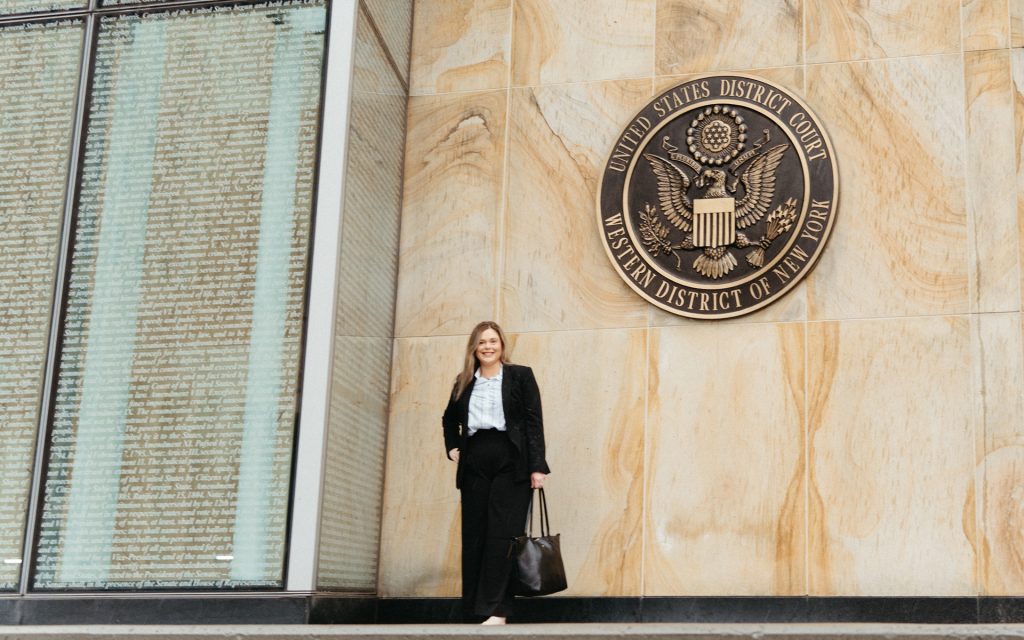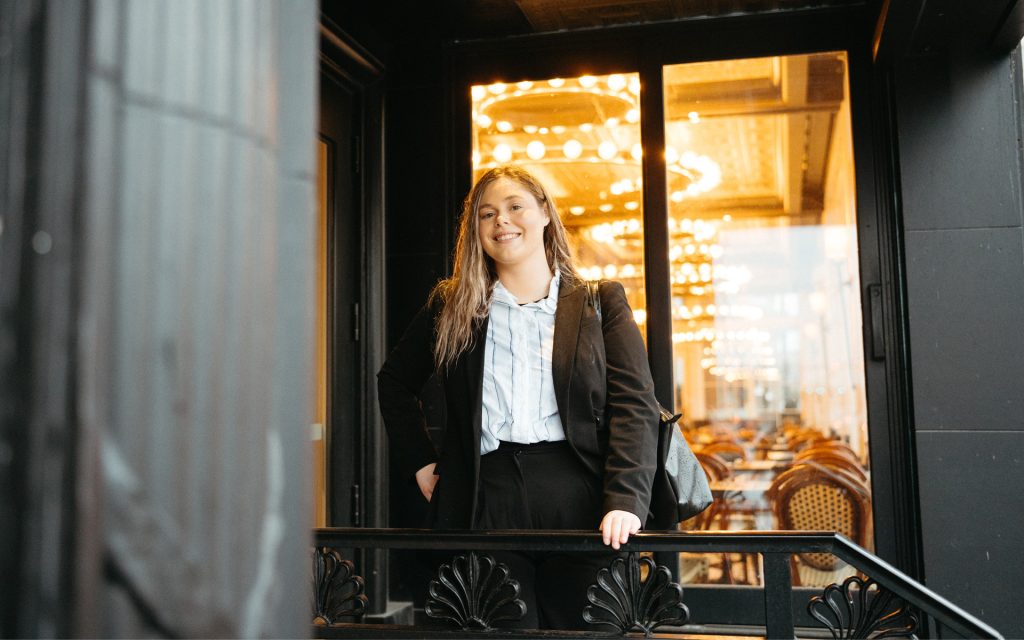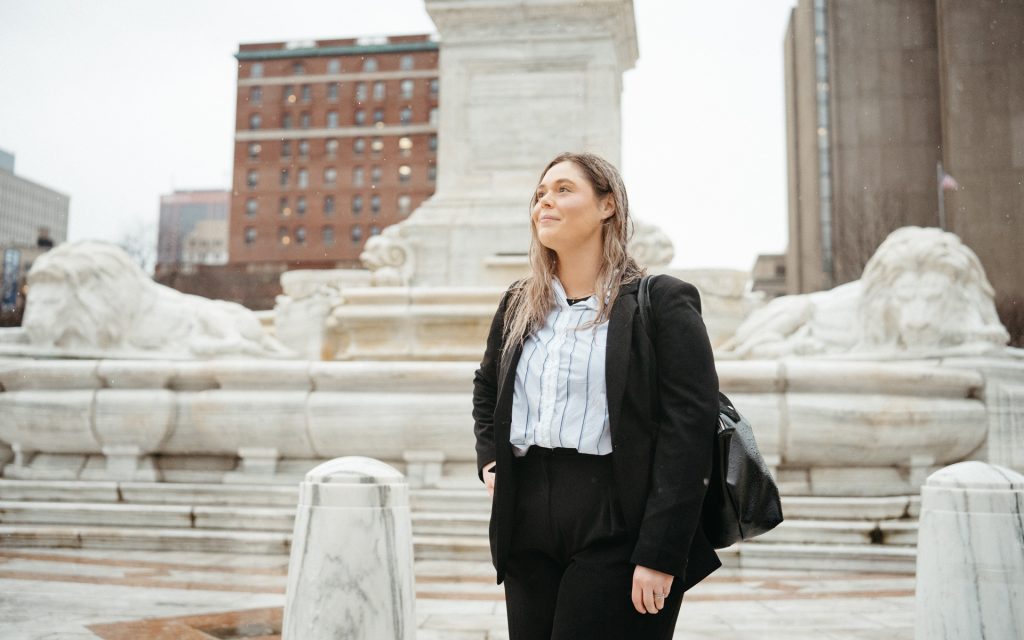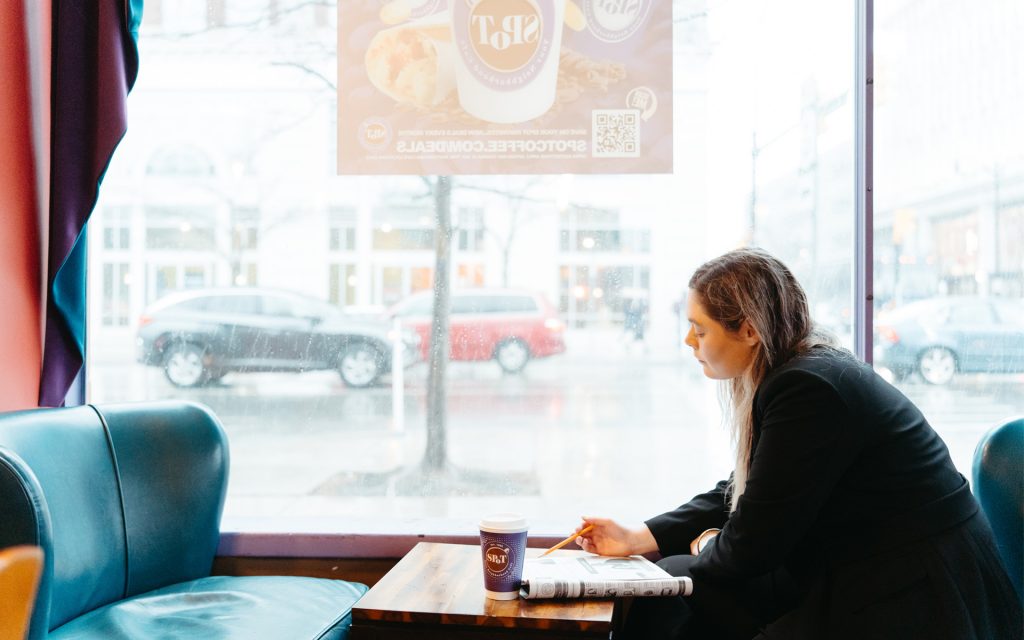Syracuse University College of Law and the Franklin H. Williams Judicial Commission are hosting the American Bar Association’s annual Law Day commemoration on Friday, April 19 from 12:30 to 2 p.m. in the College of Law’s Melanie Gray Ceremonial Courtroom. The event will also be available on Zoom.
The theme for Law Day 2024 is “Voices of Democracy.” The program will feature presentations by Judges, Directors, and Legal Fellows of the Franklin H. Williams Judicial Commission; faculty members of Syracuse University the College of Law; and a panel discussion with College of Law students from diverse backgrounds.
“Participants will address what the program theme means to them and what it means to our society,” says Professor Paula Johnson, a Commissioner on the Franklin H. Williams Judicial Commission.
College of Law Professors Lauryn Gouldin and Mary Szto will participate as a speaker during the event. College of Law student participants include:
2L James Cameron III
Cameron is a First-Generation Law Student who serves as Community Service chair for the Black Law Student Association (BLSA) as well as President of the Latin American Law Student Association (LALSA). He attended undergraduate school at the University of Oklahoma where he received degrees in International Business and Economics.
3L Robert J. (Robby) Chappell, Jr.
Chappell earned an MA in Television, Radio, & Film at the S.I. Newhouse School of Public Communications and a BBA in Finance at Howard University. He has developed a passion for entertainment law, film financing, and protecting free speech.
3L Jasmine L. Geyen
Geyen is President of the Black Law Students Association and Upstate New York Sub-Regional Director of the Northeast Black Law Students Society. She is a 2024 Class Senator of the Syracuse Law Student Bar Association, an Associate Editor of Vol. 50 of the Syracuse Journal of International Law and Commerce, and a member of the Trial Division of the Advocacy Honor Society.
2L McKenzie E. Kestler
Kestler graduated from Mercyhurst University summa cum laude, with a Bachelor of Arts in Psychology. She is involved in the Cold Case Justice Initiative, Syracuse Law Review, the Women’s Law Student Association as the director of the Sexual Harassment and Assault Prevention Committee, and the Family Law Society. Kestler believes that a good lawyer is a creative one, and she uses her creativity to be a strong legal thinker and advocate.
1L Lela Lanier
Lanier graduated from Towson University, magna cum laude with a bachelor’s degree in Deaf Studies. She is a law ambassador and a student-athlete on the cheerleading team. She is passionate about disability rights and has done research in juvenile justice reform, and hearing loss in prison populations.
2L Carina Thompson
Thompson received a B.A. in Political Science and Public Policy magna cum laude with All College Honors from the Massachusetts College of Liberal Arts. While there, she participated in The Washington Center Academic Internship program where in tandem with professional development workshops she interned with a Washington D.C. immigration law firm and participated in a Death Penalty course. At Syracuse Law, Carina is a general body member of the First Generation Law Students Association and serves as Vice President for the Black Law Student Association.
Register for the free Law Day here.
About the Franklin H. Williams Judicial Commission
The Franklin H. Williams Judicial Commission educates and advises decision makers in the New York Court System on issues affecting both employees and litigants of color, and implements recommendations developed to address said issues.
Created in 1988, the New York State Judicial Commission on Minorities (now known as the Franklin H. Williams Judicial Commission) conducted a comprehensive study on minority participation in the courts and legal profession and perceptions regarding the treatment of minorities in the courts. In 1991, the Commission released a detailed report of findings and recommendations and was established as a permanent entity charged with the responsibility for developing programs to improve the perception of fairness within the court system and to ensure equal justice in New York State. The members of the Franklin H. Williams Judicial Commission are judges, lawyers, and court administrators all appointed by the Chief Judge of the State of New York.





